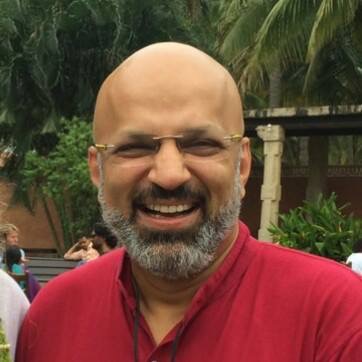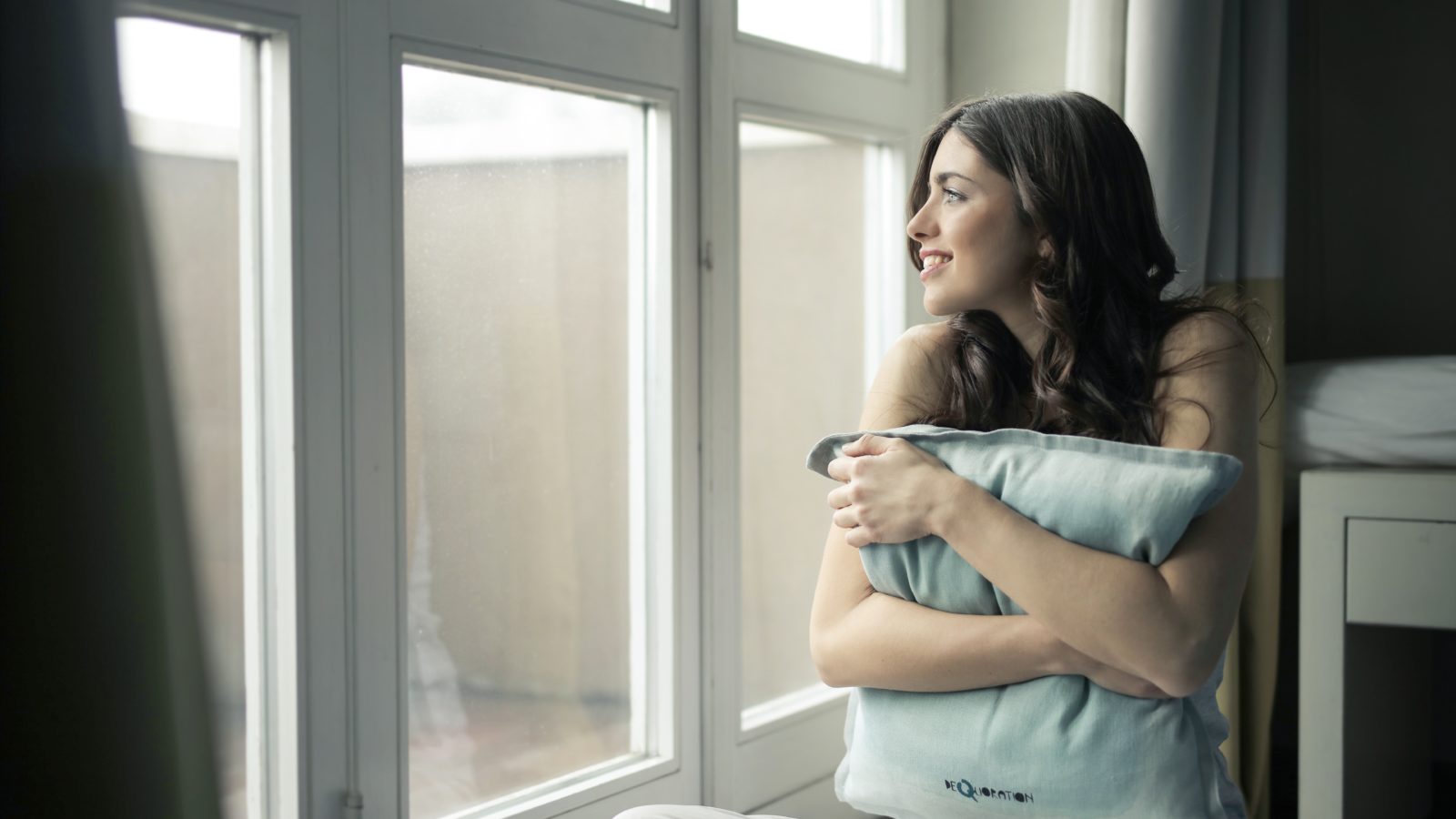A few months ago, I was preparing to address the graduating class of a school in Mumbai. As is my usual practice, I discussed the contents of my speech with Fiona, my wife. She said I should also tell the students to be kind to themselves.
Why is that necessary? Shouldn’t we push ourselves to do the best we can? Isn’t this “be kind” nonsense a cop-out to get away from working hard? Fortunately for me, I had realised a long time ago that the two can co-exist—pushing oneself and being kind to oneself.
Our bodies, our minds and our hearts need to be pushed to excel. But they also need occasional breaks. We cannot keep running non-stop. Occasionally we need to stop and relax. Otherwise our systems can break down. We fall sick. We injure ourselves. We get a mental breakdown.
Many years ago during my annual health check-ups the doctors would warn me that I was skating on thin ice because of my triglyceride levels, irregular sleeping and eating habits, and the long hours at my desk. Despite all those warnings, I am still around a decade later, without spending any time in hospital…yet! And I think that a large reason for this is that I am kind to myself. How do I show kindness to myself?
Avoid unnecessary stress. Fiona and the kids keep grumbling that I am a stickler for being on time, and that I worry about unnecessary things. That’s only partly true. Yes, I do get hassled if I am late, but I don’t let these issues hassle me for too long. If you internalise them and keep on thinking and worrying about them, it will take a toll on you. Don’t take your problems to bed at night. Forget them. This way, you will sleep well and feel relaxed the next day. I also sleep a lot longer today than I used to (but that may be because I am getting older!).
Meditate. I find meditating to be very relaxing. But I have some strange meditating habits. I have neither a regular time of the day, nor a specific place to meditate. I often meditate in a car between meetings. And I take the non-traditional route to meditate: I use the Headspace app on my phone. One of our kids’ school teachers introduced me to it many years ago. The app was developed by Andy Puddicombe, an Englishman living in California, who travelled in Asia and became a monk. He eventually found out a way to monetise his learnings. Good for him; and it works for me!
Take time out to do nothing. It may seem that I am always running around, sometimes chasing my own tail. And the past couple of months have been especially like that. But I do take time out to do nothing. The Italians have a saying for this: “dolce far niente”, the sweetness of doing nothing. I first came across this phrase in a scene in the Julia Roberts movie, Eat Pray Love, and fell in love with it.
Be mindful. This is a very fashionable and highly-abused word. I know of schools where the students are taught mindfulness, and are then made to rush from one activity to another. Most of the time I am multi-tasking, and I thrive on it. But I am slowly getting familiar with the beauty of enjoying one activity at a time and savouring the moment, like being aware of what one is eating or being immersed totally in a lecture. I do struggle with being mindful, but Andy and his Headspace App are helping me to get there.
Do what you love. Finally, do what you love to do. I enjoyed being in the dealing room when I was a banker. I enjoyed building companies when I was an investor. And now I enjoy seeing the impact of the organisations that I am involved with in the social sector. And I enjoy messing up the lives of our two kids and others that I mentor. I love a hectic life, and I also love the sweetness of doing nothing. If you don’t love what you are doing, it will adversely impact your health. I have so many friends who hate their jobs but can’t get off the treadmill. And most of them have made more money than I. Some of the most satisfied people I have met are the ones who are doing what they are passionate about, even though they don’t get paid much.
So, please don’t forget to be kind to yourself.


